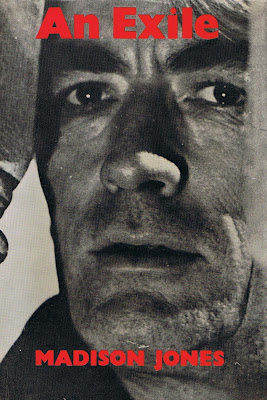Grunkins
Couch Commander
- Joined
- Jan 18, 2012
- Messages
- 620
Im thinking about right now which i should read first Best Served Cold or The Heroes. I do hope he can repeat the storytelling,characters of First Law.
Right now im wondering if he can finish First Law series well in book 3. Alot of wars,story-lines to finish in the last book.
What do you think Sharpe's Tiger? My first Sharpe read and only read of that series so far. I like the Indian setting, seeing the Napoleonic era from the foot soldiers, the people who fights wars on land. Not just read naval fiction about that historical era. I should read more of the series soon.
In my opinion Abercrombie's writing steadily improves from book to book. Best Served Cold and The Heroes are very different than The First Law trilogy. Best Served Cold is a revenge travelogue, and The Heroes is entirely concerned with the events of a single three day battle. I also have high hopes for Last Arguments of Kings.
Sharpe's Tiger was a fun book. I think I read it in three sittings. Very fast moving, fun story, engaging characters, and solid historical basis. It's the second book of Cornwell's I've read (the first was Azincourt, or Agincourt depending on which version you find, and that was an excellent book). I am excited to read his Saxon Chronicles books. He has an old school, straight-to-the-point style which is a nice change of pace from the more meandering work of most of the current batch of authors. I am also convinced he knows everything about everything.


